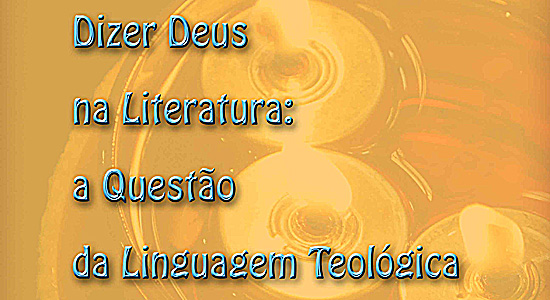Rhetoric in Augustine of Hippo’s De libero arbítrio
DOI:
https://doi.org/10.19143/2236-9937.2016v1n2p35-67Abstract
This work aims at demonstrating in which way the three books of the philosophical and theological dialogue of Augustine of Hippo, De libero arbitrio, is situated also in the scope of “Rhetoric”, or yet, grosso modo, in the scope of “discourse”. It also becomes evident that no discourse, philosophical or theological, can renounce the resources offered by the ars rhetorica, as claimed Plato. Neither, it can be said, the so called “religious” discourse, which sets itself in search of a Truth that is unique, far beyond the eikós. Hence, being one and another, simultaneously philosophical and religious, dialectic and theological, this work attempted to make evident that De libero arbitrio can be understood and studied as a “discourse”; not, however, in the depreciative and prejudiced sense of the term, set on by part of Plato’s work, which bequeathed a stubborn trace; but in the sense which Aristotle, Cicero and the modern scholars of the Rhetoric art ascribe to it, as a “verbal production”, production which is carefully elaborated, projected and adorned, in order to not only instruct, but also to delight and put in motion.
Keywords: Augustine. Rhetoric. Discourse. Rhetoric genres. Christian Philosophy.


